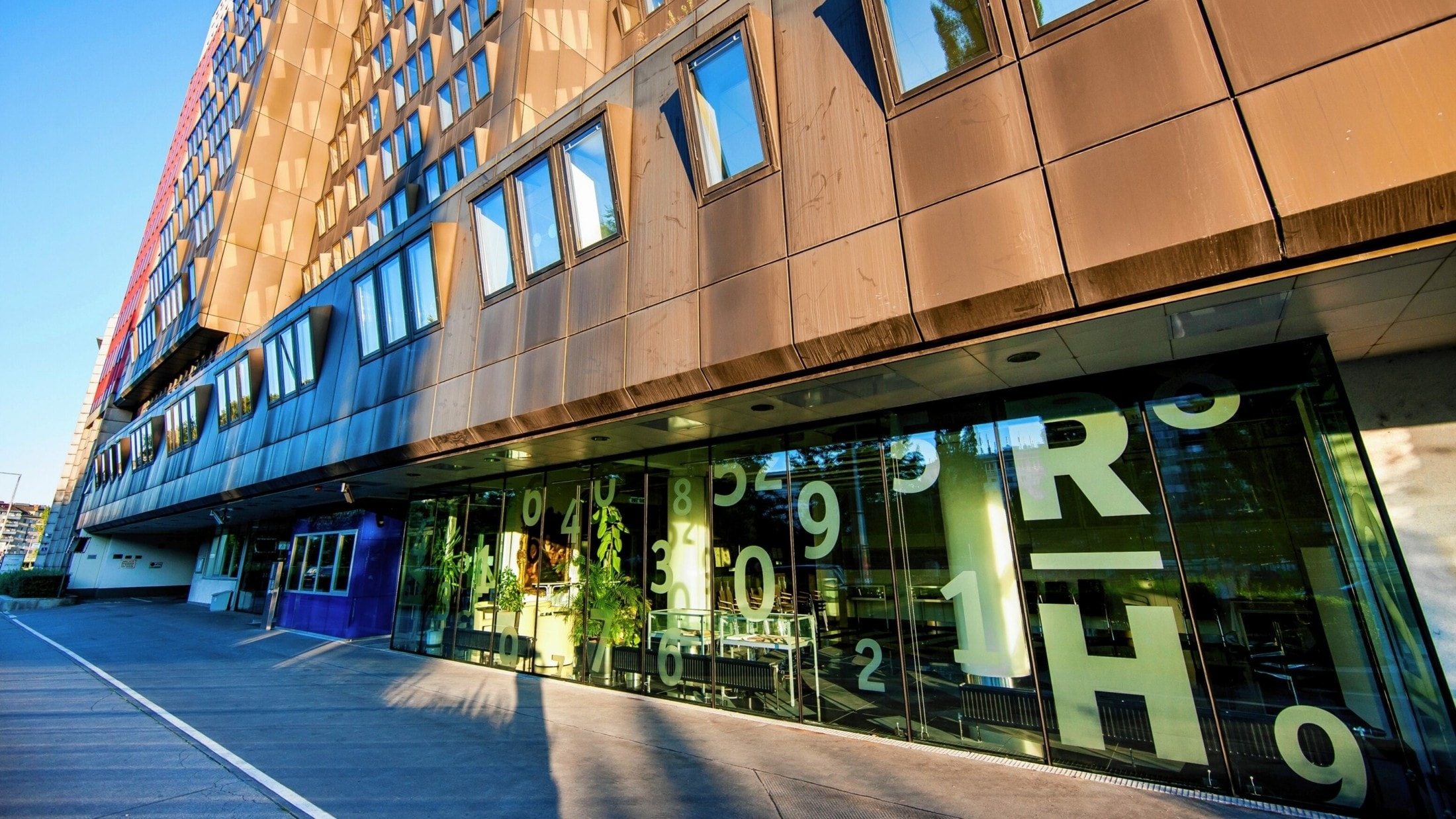After the allotment case, an explosive audit report has now been published. The auditors criticize the close cooperation between project operators and the city of Vienna, which allows private investors to really cash in through rezoning. The town hall opposition is foaming.
One thing in advance: District boss Ernst Nevirvy and the other red politicians, who had quickly acquired land in the Breitenlee allotment before the lucrative rezoning, were not explicitly the subject of this (!) examination. The city auditor does this at the request of the ÖVP. To do this, the federal authority looked at nine other procedures between 2017 and 2019, seven of them in depth. Price increase by a third in one day The result is sobering: the city often did not have future increases in value (due to the new dedication) contractually secured. An example from the 22nd district: In 2010, the city of Vienna sold a former marketplace to Wien Holding for 261,400 euros. On the same day, Wien Holding sold the area to a company for 350,000 euros. Price increase within one day: a third. Then in the following years, despite the construction ban, the city approved two higher-story buildings and changed the zoning and development plan. In 2012 the property was resold by private companies for 1.4 million euros and in 2018 for 7 million euros. In 2019, the building police finally approved an 11-story residential and commercial building. “Despite assumptions about reasonable structural usability, no additional payment obligation was included in the purchase contract,” criticizes the Court of Auditors. The same thing happened in Liesinger Dirmhirngasse. The city owned a property there. In 2016, a company applied to rezone three neighboring properties it owned. A construction project should be realized that includes the city area. The responsible town hall department could imagine “moderate densification”. In 2019, the three properties changed owners. A “Company D”, in which a former city councilor held shares through two companies, acquired the property. The new owners applied to change the dedication and development plan. A bidding process was initiated for the city’s area in 2019. Minimum value: 300,000 euros. Company D paid 910,000 euros and was awarded the contract. The local council approved the sale. And the magistrate began the rezoning. Instead of 6.50 meters, it was allowed to build 16 meters high. In this case, this led to an additional payment obligation for company D to the city in the amount of 1.06 million euros. But in January 2023, 465,000 euros, excluding default interest, were still outstanding, criticizes the RH. And the auditors have another criticism: about the new sports & fun hall at Praterstern. The building is intended to be permanent, but only a temporary permit was granted. But that’s just by the way. General recommendation from the authority: The city should contractually secure future increases in value, which arise, among other things, from changes in use, in the form of additional purchase price payments. After all, this is about (formerly) public land. Otherwise only the investors will clear away millions. And no one else. City Hall opposition is fuming “The report that is now available confirms what we have been criticizing for a long time and has only recently become apparent again, especially in view of the massive SPÖ allotment scandal. In Viennese planning practice, there is a lack of transparency, chaos and a friendly economy,” says ÖVP planning spokeswoman Elisabeth Olischar. And FPÖ chairman Dominik Nepp complains: “Now we have it officially that the zoning procedures under the leadership of SPÖ officials were not clean.”
source site-12
